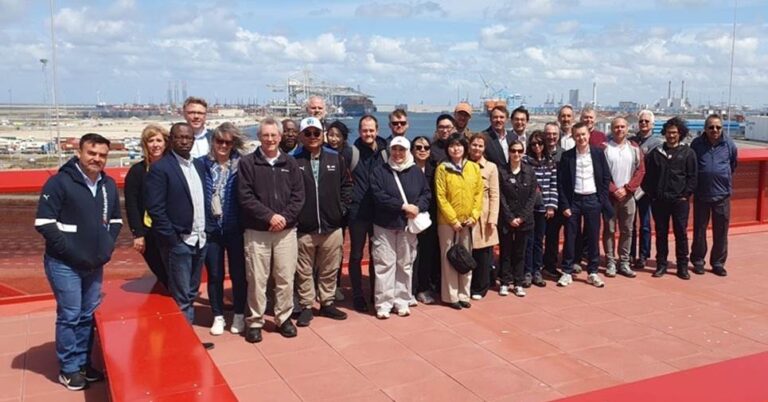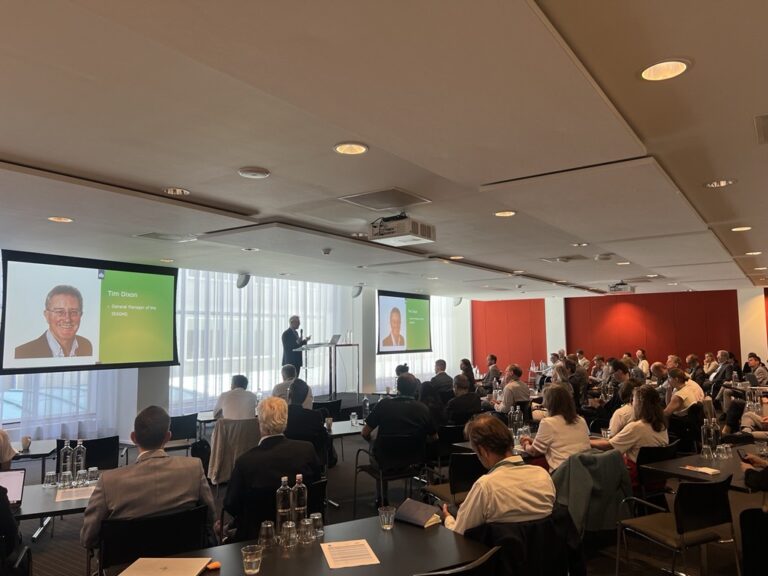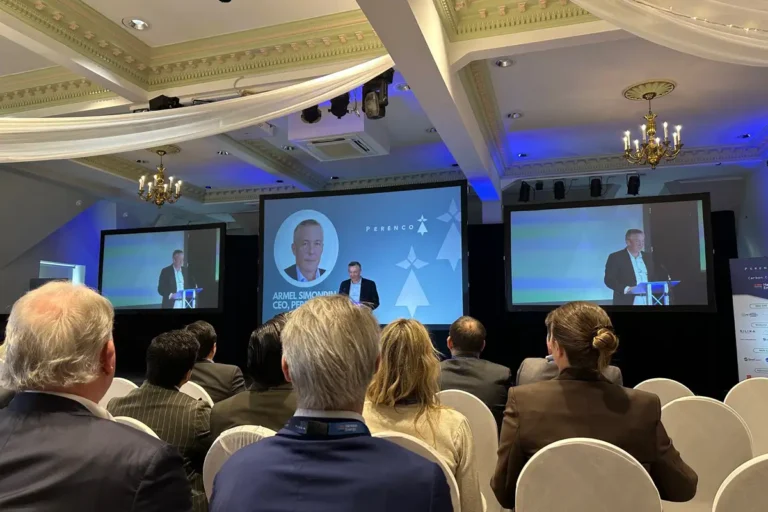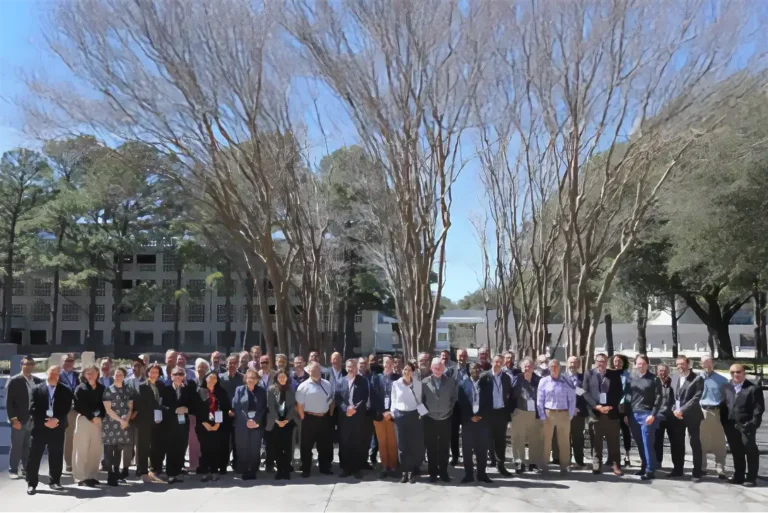
Policy and Regulatory Summaries from GHGT-15
29 March 2021


In GHGT-15’s session on Policy International and Incentives, some significant work was shared on CCS and the Sustainable Development Goals, undertake by TNO for IEAGHG and also by Imperial College on CCS in ‘Just Transitions’. This work is helping to identify and fill data gaps for CCS and stimulated much discussion. It was noted that such evaluations as undertaken by IPCC should not be done in isolation on only one technology, but should be done across all mitigation technologies with a fair comparison. The Life Cycle Analysis (LCA) work to date that is used by IPCC on CCS has focussed on coal power generation and not gas power, thus misrepresenting the environmental impacts for CCS on gas power. The benefits to SDG-8 with employment from CCS were noted to contribute to the ‘Just Transition’ cause. Also covered in this session was work on future financing models and needs for future CCS deployment, from Carbon Limits, and work on potential incentives for CCUS in China by NICE.
In other sessions, attendees also heard updates on national CCUS policies and activities in Trinidad and Tobago and in Mexico, important developing countries for CCUS. An important aspect to certainly European projects is financial security for long term liability.
In the regulatory session, attendees heard from TNO and partners who have estimated the financial security needed for their estimates of leakage risks under the EU’s CCS Directive, concluding that this should be proportional to the actual risk and therefore much smaller than some initial assumptions (including in the EU Guidance Document 4). The University of Texas presented on monitoring for long-term post-injectionmonitoring for 100 years required under the Californian Low Carbon Fuel Standard, the challenges and also feasibility of meeting this requirement. IEAGHG and the IMO presented on the resolution to the London Protocol’s export prohibition on CO₂, removing the last significant international legal barrier to widespread CCS deployment.
Key Policy and Regulatory messages overall
Some strong incentive policies now exist for CCUS, for example 45Q in the US and the Californian Low Carbon Fuel Standard, and a recurring theme in this conference was how to meet the requirements of these existing incentives for real projects, as well as analyses on options for new incentive policies for other countries. The UN’s Sustainable Development Goals are being increasingly used when considering climate action, and this conference shared advances in filling in the knowledge gaps for CCS in this area. Also, this conference saw a significant advancement in removing the remaining legal barriers to widespread deployment of CCS.
Other articles you might be interested in
Get the latest CCS news and insights
Get essential news and updates from the CCS sector and the IEAGHG by email.
Can’t find what you are looking for?
Whatever you would like to know, our dedicated team of experts is here to help you. Just drop us an email and we will get back to you as soon as we can.
Contact Us NowOther articles you might be interested in
Get the latest CCS news and insights
Get essential news and updates from the CCS sector and the IEAGHG by email.
Can't find what you are looking for?
Whatever you would like to know, our dedicated team of experts is here to help you. Just drop us an email and we will get back to you as soon as we can.
Contact Us Now









